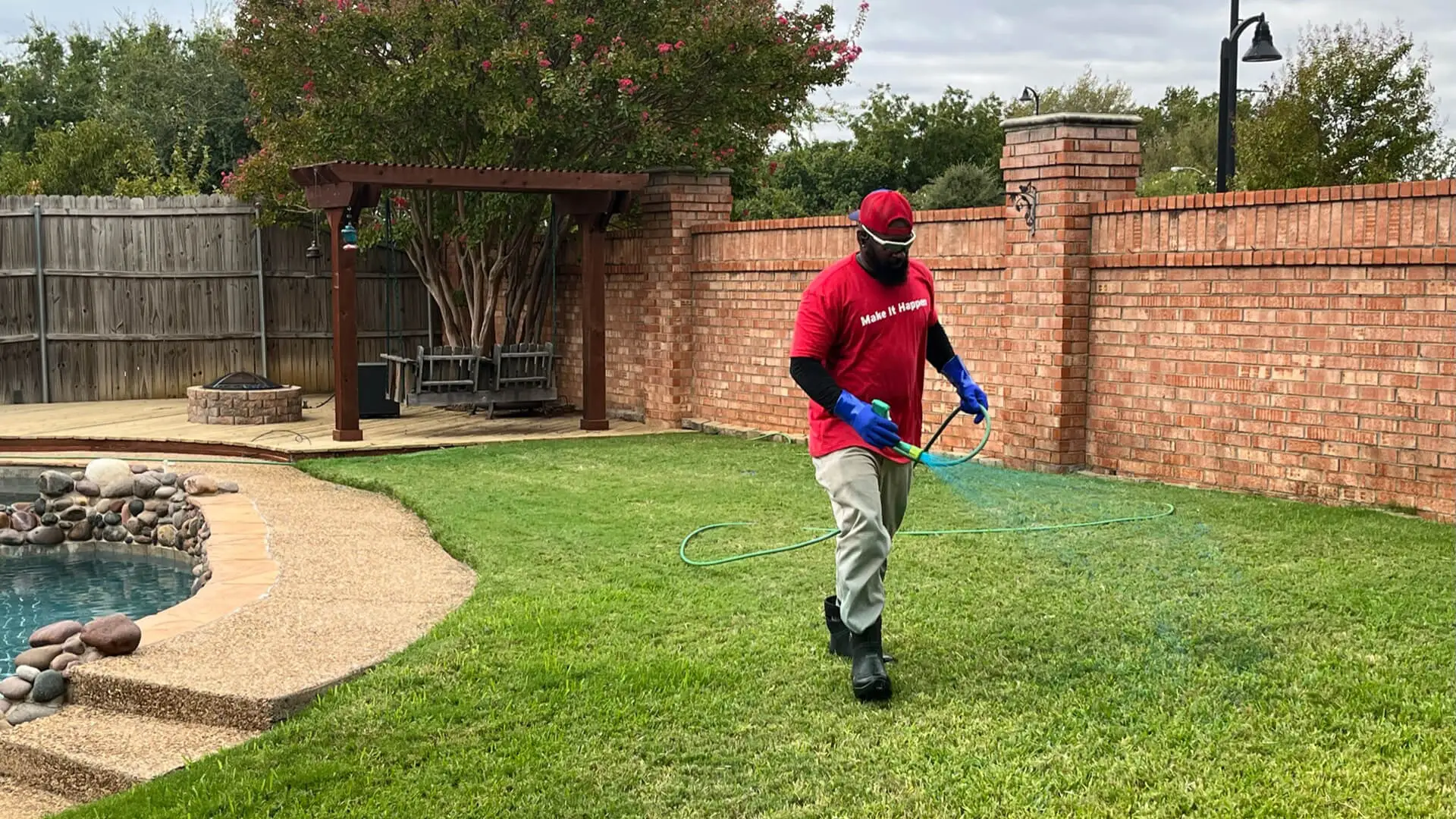Should I Wait to Mow My Lawn After It Rains?
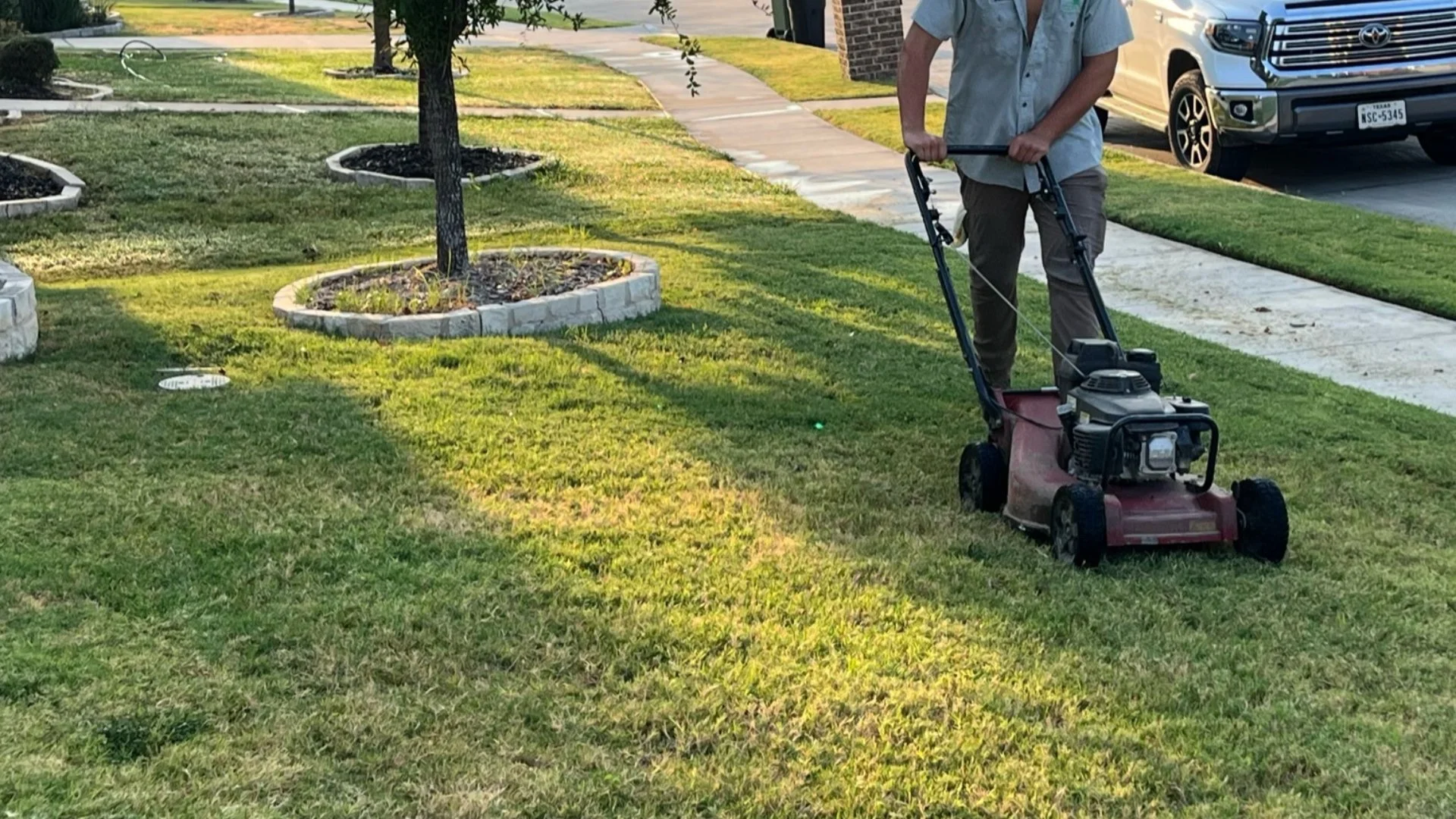
Mowing is a vital maintenance task for your lawn in Texas, but you want to avoid doing it right after it rains. For one, the wet grass clippings can get caught in your lawn mower and clog it, possibly causing damage and making it more difficult to clean. Additionally, mowing your lawn right after it rains can create ruts because the damp, moist soil can't hold the mower's weight, causing it to sink in. Not only that, but the grass will also be weighed down by rain droplets, so it likely won't make clean cuts. As a result, your turf will look uneven and choppy. Rather than dealing with these problems, you should always wait to mow after it rains!
You Can Clog Your Lawn Mower if You Mow Right After It Rains
When you mow your lawn right after it rains, there is a chance that your lawn mower will become clogged. After all, the wet grass clippings start collecting into clumps and can get caught in the blades. When this happens, it can hinder your lawn mower's performance and possibly even lead to damage! Not only that, but it will also make it more difficult to clean with wet clippings sticking to the underside. Rather than dealing with these issues, you should always wait to mow your lawn after it rains.
Mowing your lawn after it rains can create ruts in the soil.
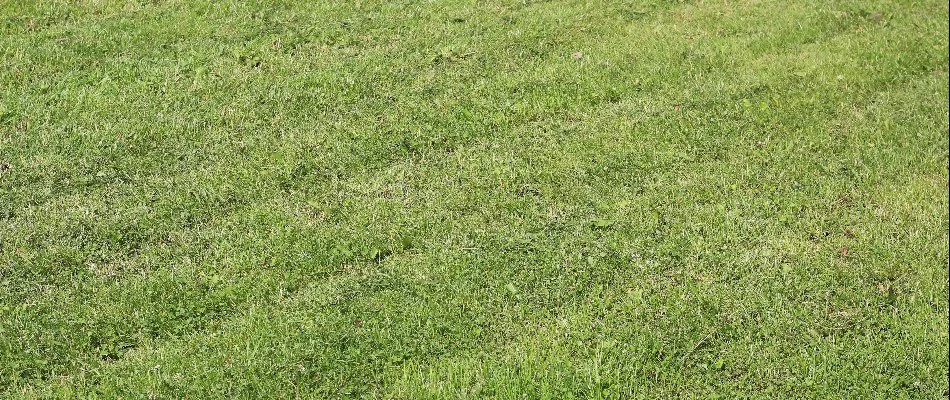
Another downside to mowing your lawn right after it rains is that it can create ruts in the soil. The reason for this is that the damp, moist soil cannot hold the weight of the lawn...
Should You Mulch or Bag Your Grass Clippings?
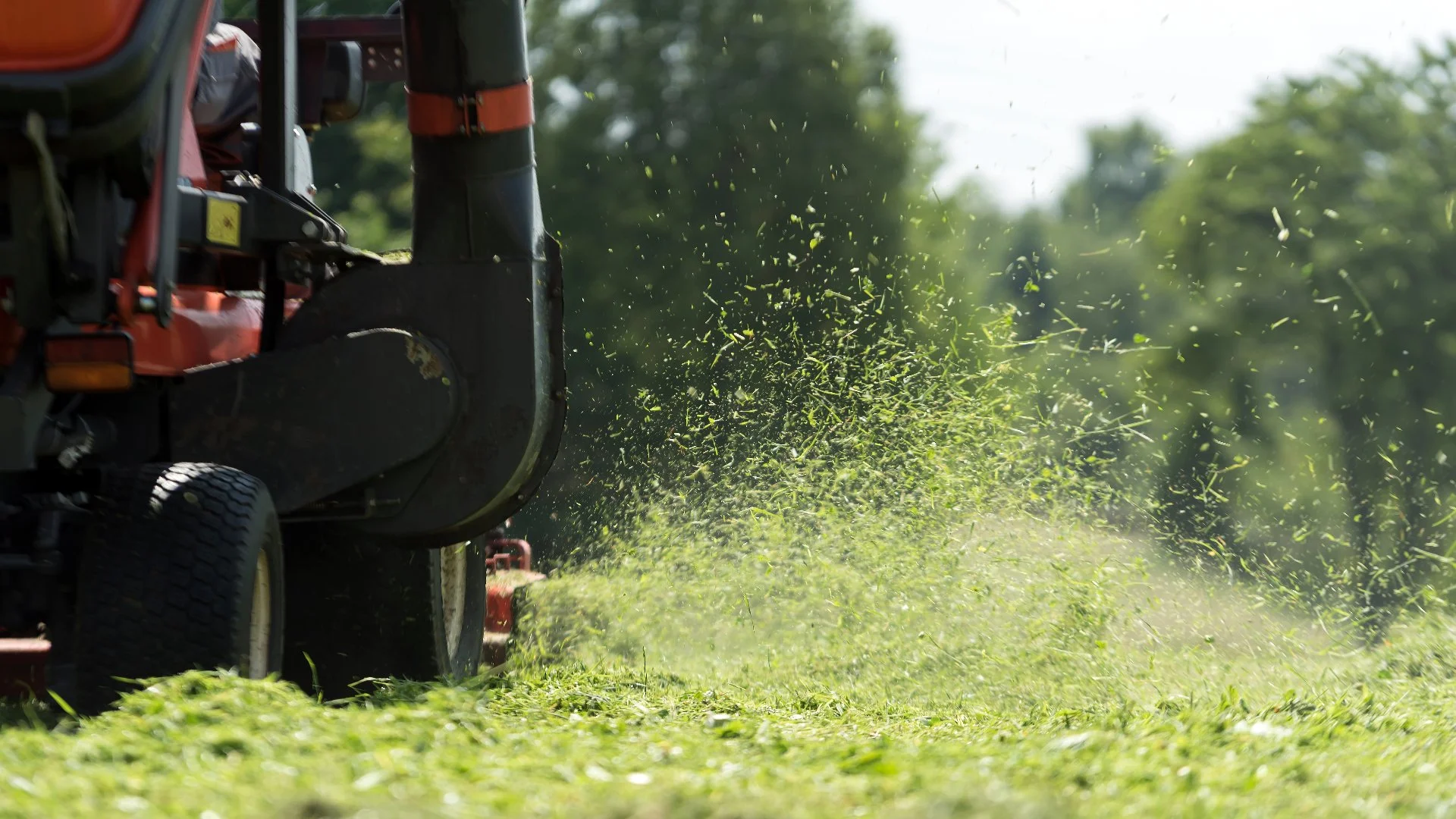
Mowing your lawn in Texas is crucial to keeping it manicured and promoting optimal growth. However, it begs the question: should you mulch or bag your grass clippings afterward? While mulching means going over them again with specialized equipment to cut them down before leaving them on your lawn to decompose, bagging involves gathering and removing them. The best thing to do is to mulch them, as they'll return nutrients to your soil as they break down and serve as a natural fertilizer. Not only that, but it's also less effort to leave them rather than going over your turf again to collect them!
What's the difference between mulching and bagging your grass clippings?
After mowing your lawn, there are two things you can do with the grass clippings: mulch or bag them. Mulching means going over them again with specialized blades to cut them down further before leaving them on your turf, where they'll decompose. Since grass clippings mainly consist of water and are mulched into even smaller pieces, they don't take long to break down. On the other hand, bagging involves gathering and removing them after you mow your lawn. When deciding whether you should do one or the other, the best option is to mulch them.
Mulching Your Grass Clippings Will Return Nutrients to Your Soil as They Decompose
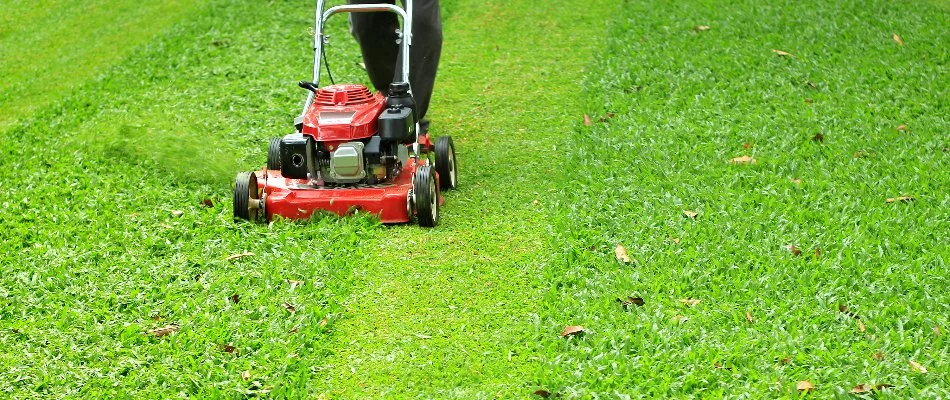
The grass clippings left behind after mowing your lawn are full of vital nutrients it needs, including nitrogen, phosphorus, and potassium. So,...
4 Huge Mistakes You Could Be Making While Mowing Your Lawn
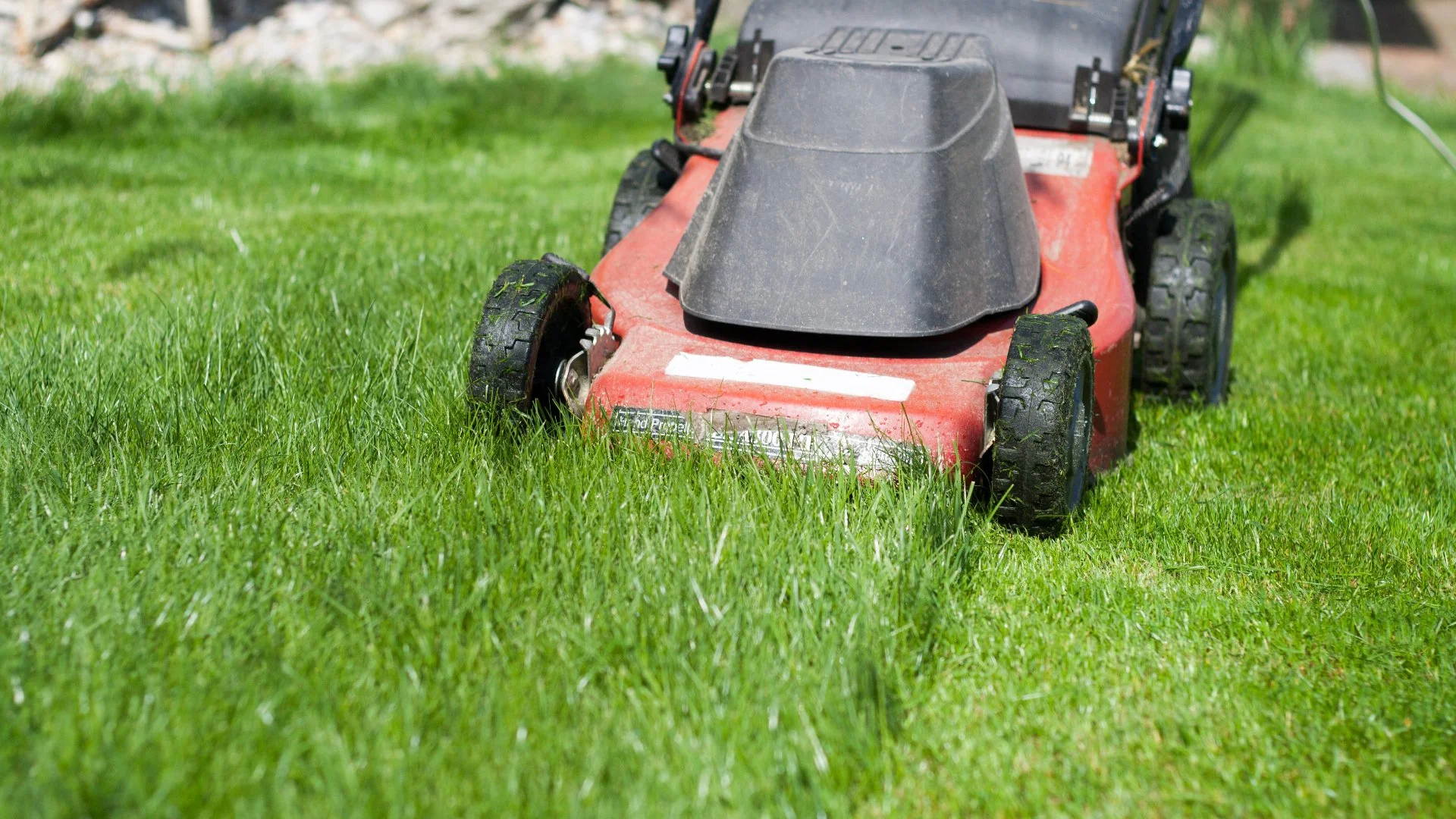
While mowing your lawn in Texas is crucial for keeping it well-maintained, it's equally important to do it right. Doing this maintenance task may sound straightforward, but it's possible to make huge mistakes that can jeopardize its health and curb appeal! For example, mowing with dull blades can rip the grass rather than cut through it cleanly, making it more susceptible to stressors like lawn diseases. You also may not be rotating your mowing patterns each time, which can cause ruts to form and push the grass in one direction. Another common mistake is bagging the grass clippings; these clippings are full of vital nutrients, and removing them will take away your lawn's chance to access them. Finally, mowing at the wrong height for your turf type can put additional stress on it, especially if it's too short.
1. Mowing Your Lawn With Dull Blades
One of the huge mistakes you could be making while mowing your lawn is doing so with dull blades. While sharpened blades will make clean cuts through the grass, dull ones won't, but rather rip and tear it. As a result, not only will this make your lawn appear choppy and uneven, but it'll also hinder its health and make it more susceptible to issues like lawn diseases. Because of this, it's vital to regularly sharpen your mower's blades to keep everything uniform and avoid putting additional stress on your grass.
2. Not Rotating Your Mowing Patterns Each Time You Cut Your Grass
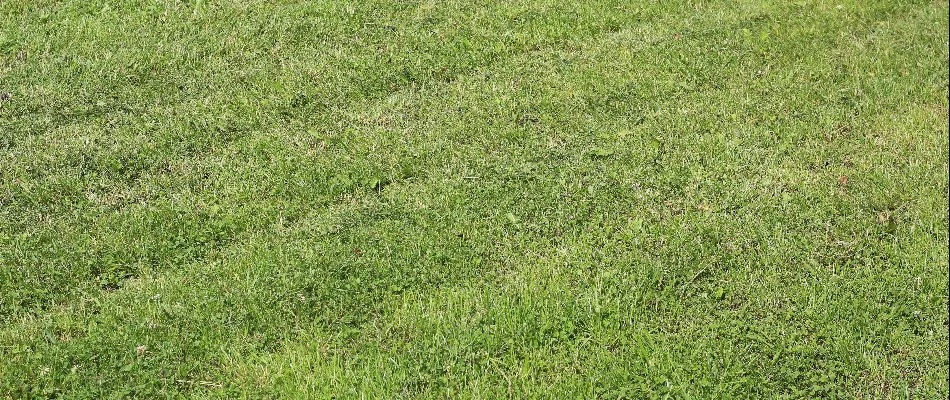
How Often Should You Be Mowing Your Lawn in Texas?
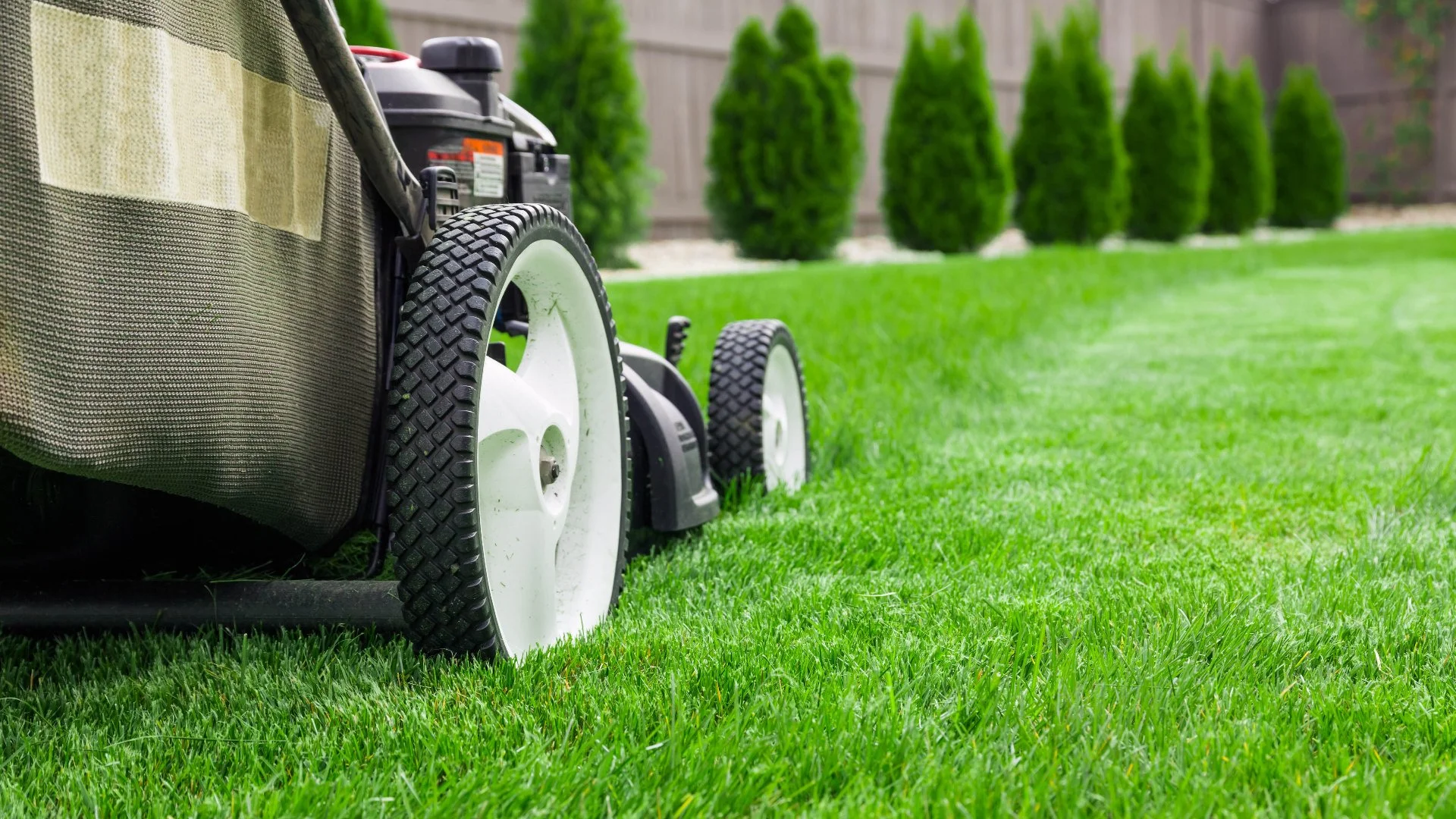
Mowing your lawn in Texas is a crucial maintenance task you should do all year, as it keeps it manicured and healthy, plus boosts your property's curb appeal. However, the frequency changes depending on the season. So, how often should you mow? You'll want to do it bi-weekly in March for the start of the season, then switch to weekly from April until October, as this is when your lawn grows the most. In November, you can reduce mowing to bi-weekly again since it won't need it as often. Then, from December until February, you should only do it once a month to avoid harming your grass since it isn't actively growing.
You should mow your lawn bi-weekly in March and weekly from April until October.
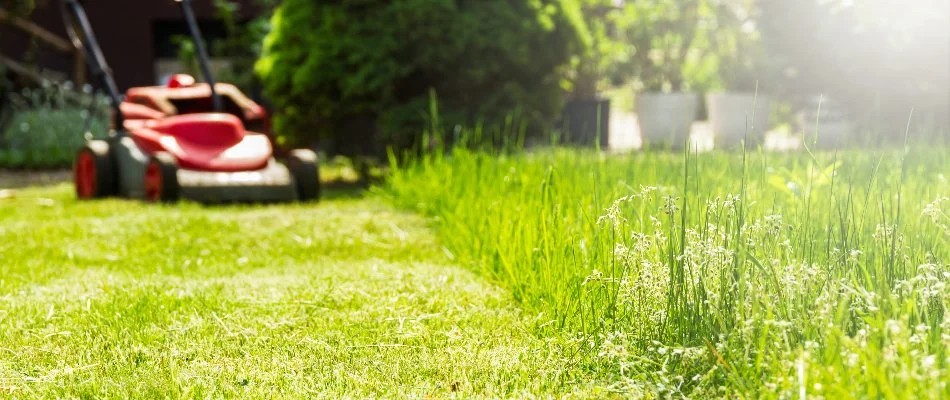
During the winter, your lawn in Texas goes dormant to preserve its resources and strength. Once spring arrives in March, it symbolizes the start of the new growing season and when it emerges from dormancy. Because of this, you should mow your grass bi-weekly during this month to stimulate new growth. Then, from April until October, you'll want to do it weekly to keep up with it since it's now actively growing. Following this schedule during the most crucial period of the year will keep your lawn manicured and continue bolstering its overall health.
Switch Back to Bi-Weekly Mowing in November for Your Lawn in Texas
As the growing season ends in November, you'll want to reduce how often you mow your lawn in Texas to bi-weekly again. This...
The Big Debate: Is Scalping Good for Your Lawn?
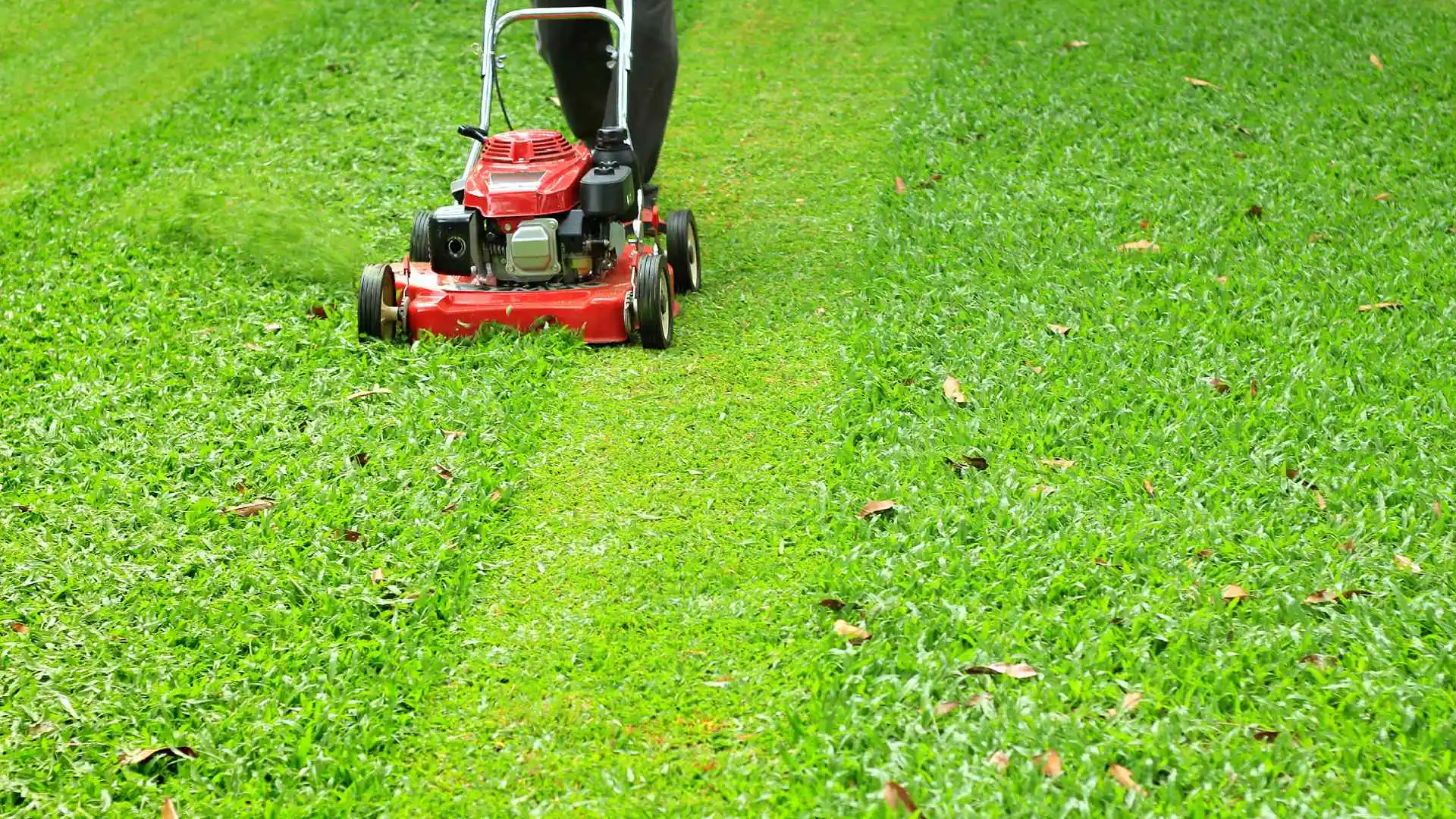
There’s an ongoing debate raging on concerning the practice of scalping and whether it’s beneficial for your lawn. Many argue you shouldn’t scalp your lawn because you might end up hurting your grass. However, there are certain circumstances where scalping will help your grass grow. For example, if you live in Texas and have either Bermuda or zoysia grass, then scalping after the last frost of the year can promote healthy grass growth during the growing season. This is because you’re exposing your soil to more sunlight by cutting your grass incredibly short. Although, you should be mindful of the grass clippings left behind as you mow. They will block that sunlight you’re trying to get to your soil. If you choose not to scalp your lawn before the growing season, then you can put your lawn’s overall health at risk.
The Benefits of Scalping Your Lawn
Despite some of the discourse surrounding scalping, it's something that's recommended in Texas because it promotes healthy growth during the growing season. You should aim to scalp your lawn every year after the last frost of the year but before your lawn emerges from winter dormancy. By removing all the old, dead grass from your lawn, you’re allowing more sunlight to hit your soil, which will warm it up and result in greener and more vibrant grass.

